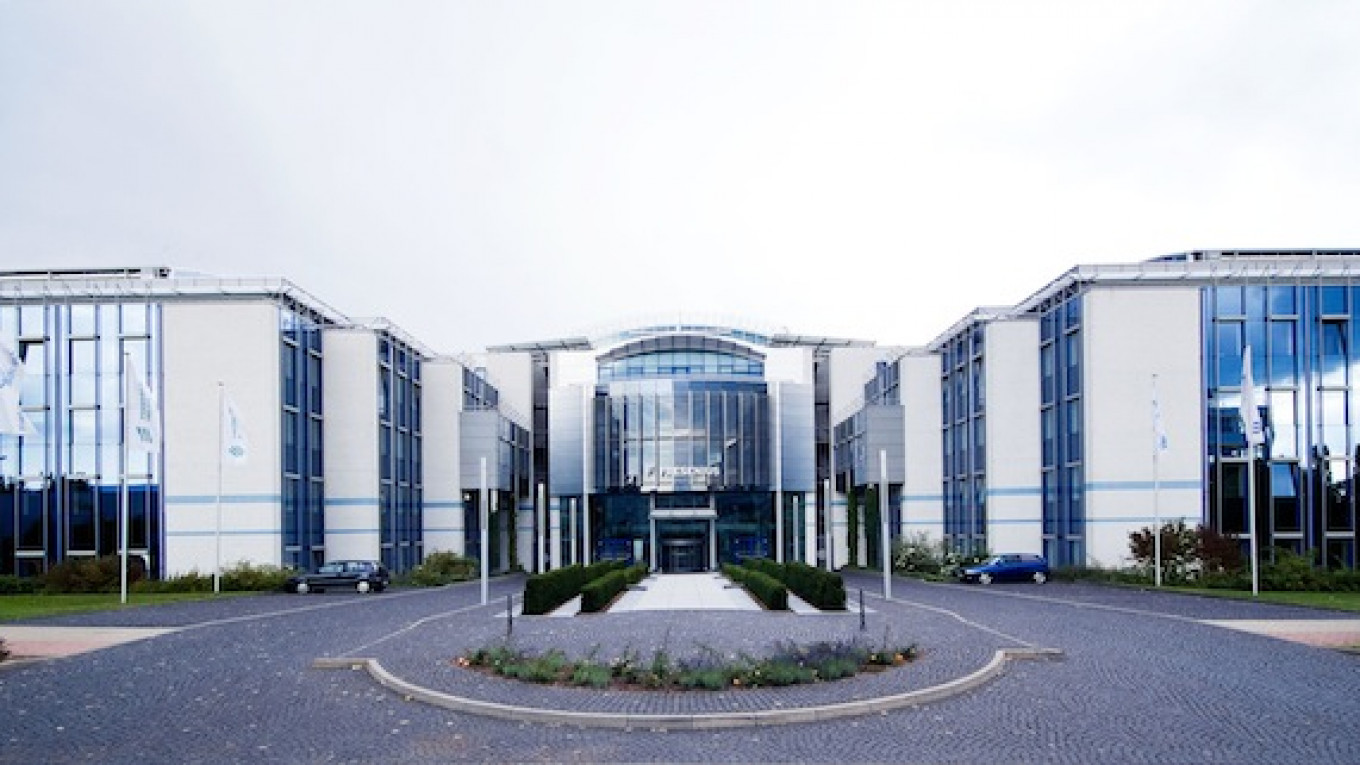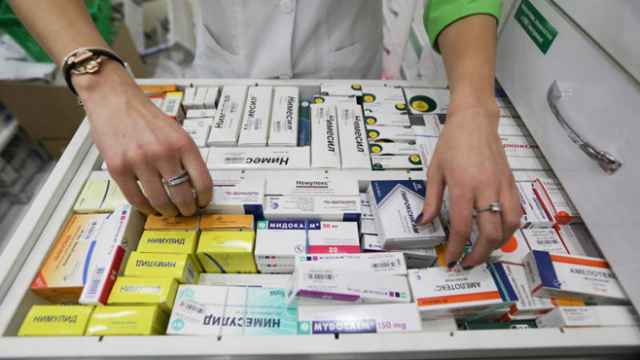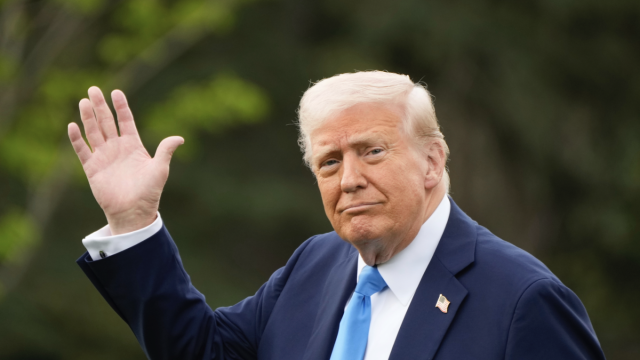FRANKFURT — German diversified healthcare group Fresenius has terminated a joint venture agreement with its Russian partners, succumbing to the economic fallout of sanctions due to the Ukraine crisis.
"Changing political and regulatory circumstances in the region have made the closing of the joint venture more challenging than anticipated," Fresenius said late Thursday.
Fresenius's generic infusion drug unit Kabi had agreed in April with Russia's Sistema and Zenitco Finance Management to pool their drugs activities in Russia with about $180 million in combined sales from infusion treatments, clinical nutrition and pharmaceutical ingredients.
A Fresenius spokesman said neither of the two sides had been under political pressure to dissolve the agreement and no financial charges would result from the move.
"It was a discretionary decision taken by the two partners," he said.
Violence between pro-Russian rebels and Ukrainian forces in the east of the country continue to flare up despite a September ceasefire and the Kremlin this week flagged a "deterioration of the situation."
The European Union and the United States have imposed economic sanctions on Russia, with the West accusing Moscow of providing pro-Russian separatists in eastern Ukraine with troops and weapons. Russia denies the accusation.
Fresenius had signaled this week that business in Russia was in turmoil, even though the sanctions do not directly affect the healthcare industry.
"Everyone I've talked to in the industry has seen revenue decrease, and it's a whole bag of things and we're no exception to that," Fresenius Chief Executive Ulf Schneider told analysts in a conference call on Tuesday after the group reported third-quarter results.
"It's delayed tenders, it's a few other issues. There is a lot of stress on the system right now."
Other German companies have also felt the economic impact of Western sanctions on business in Russia.
Generic drug maker Stada's business in Russia has fallen because drugs distributors are running down inventories to cut their funding needs amid higher borrowing costs.
Retailer Metro delayed the stock market listing of a stake in its Russian cash-and-carry operation earlier this year.
Opel, the European arm of General Motors, is cutting production and shedding around 500 jobs in Russia, and consumer goods and glues maker Henkel is also looking at cutbacks as sales in Russia decline.
A Message from The Moscow Times:
Dear readers,
We are facing unprecedented challenges. Russia's Prosecutor General's Office has designated The Moscow Times as an "undesirable" organization, criminalizing our work and putting our staff at risk of prosecution. This follows our earlier unjust labeling as a "foreign agent."
These actions are direct attempts to silence independent journalism in Russia. The authorities claim our work "discredits the decisions of the Russian leadership." We see things differently: we strive to provide accurate, unbiased reporting on Russia.
We, the journalists of The Moscow Times, refuse to be silenced. But to continue our work, we need your help.
Your support, no matter how small, makes a world of difference. If you can, please support us monthly starting from just $2. It's quick to set up, and every contribution makes a significant impact.
By supporting The Moscow Times, you're defending open, independent journalism in the face of repression. Thank you for standing with us.
Remind me later.






